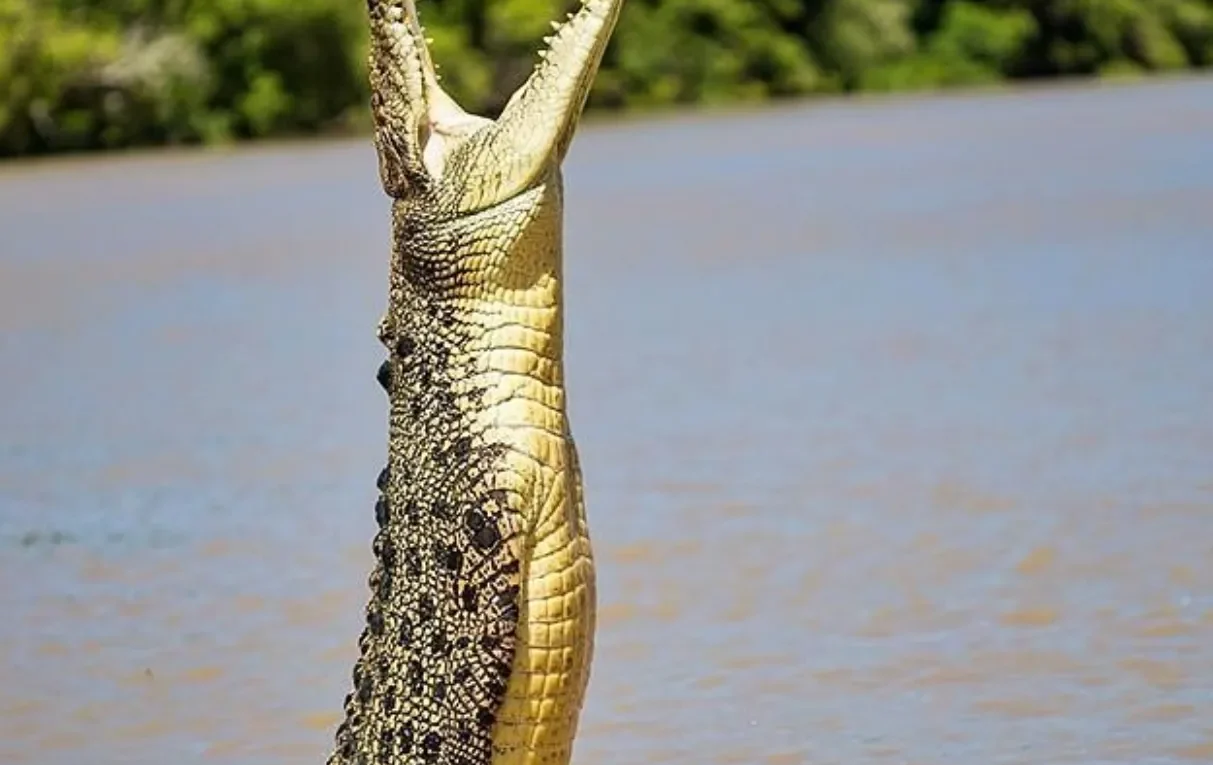How to Choose a Safe and Ethical Crocodile Tour Operator
The Northern Territory is home to some of the most diverse landscapes and natural beauty on the planet and has the most incredible wildlife in the world, including the saltwater crocodile. If you’re in the Northern Territory, especially Kakadu or Litchfield National Park, a crocodile tour is a must-do. But with so many to choose from you need to choose an operator that puts safety, conservation and ethics first. Here’s your guide to choosing the right crocodile tour operator for a low-impact, unforgettable experience.
Safety
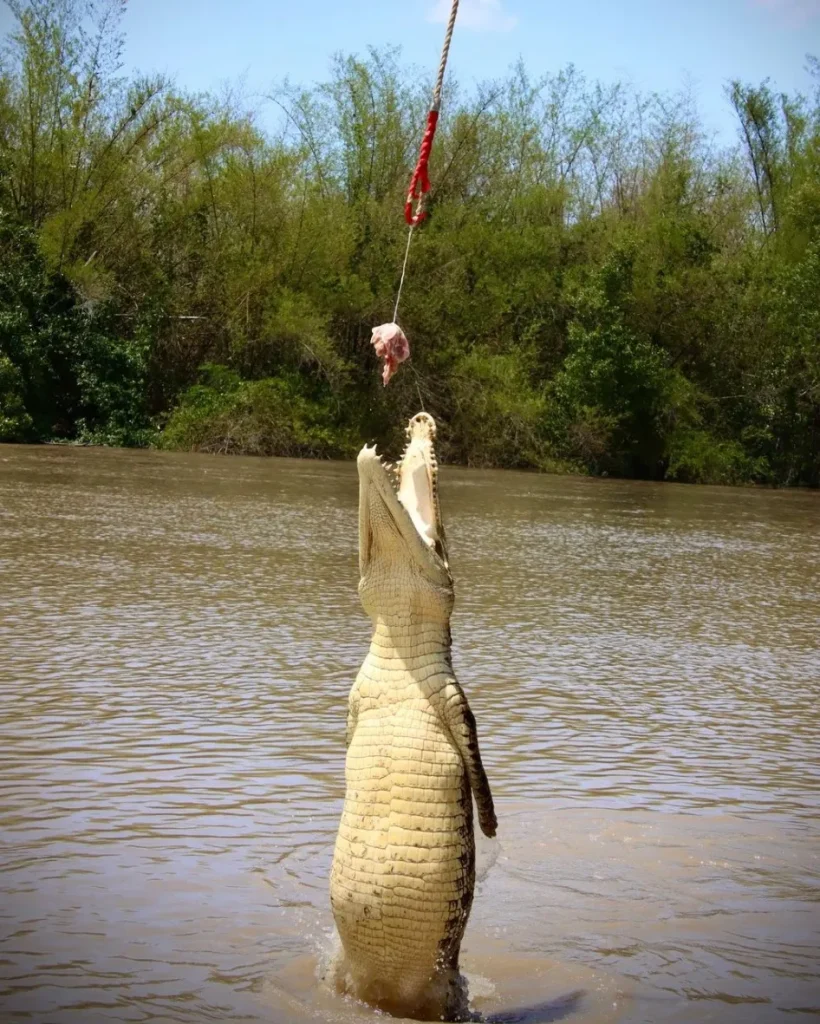
When choosing a Jumping Crocodile Cruise operator in the Northern Territory safety should be number one. With the risks of observing crocodiles in their natural habitat operators need to follow strict safety protocols. Look for operators who use clean boats, provide life jackets and have guides with wildlife experience. Tours on rivers like the Adelaide River or Fogg Dam should be led by people who know how to navigate areas with high crocodile numbers.
The operator should have a good safety record and follow the guidelines set by local wildlife authorities in the Northern Territory. Tourists should be briefed on safety procedures before the tour, especially when entering areas where crocodile feeding and close encounters are common.
Ethical Wildlife Experiences
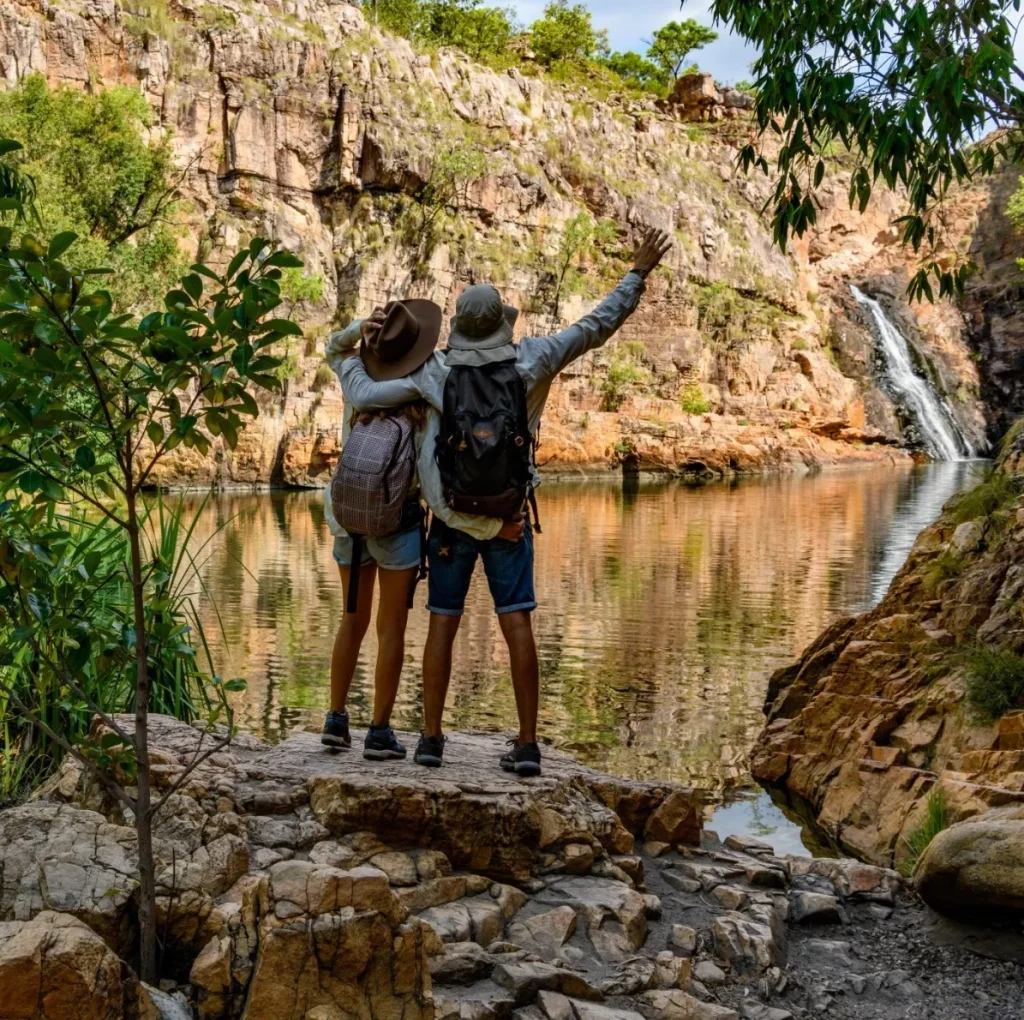
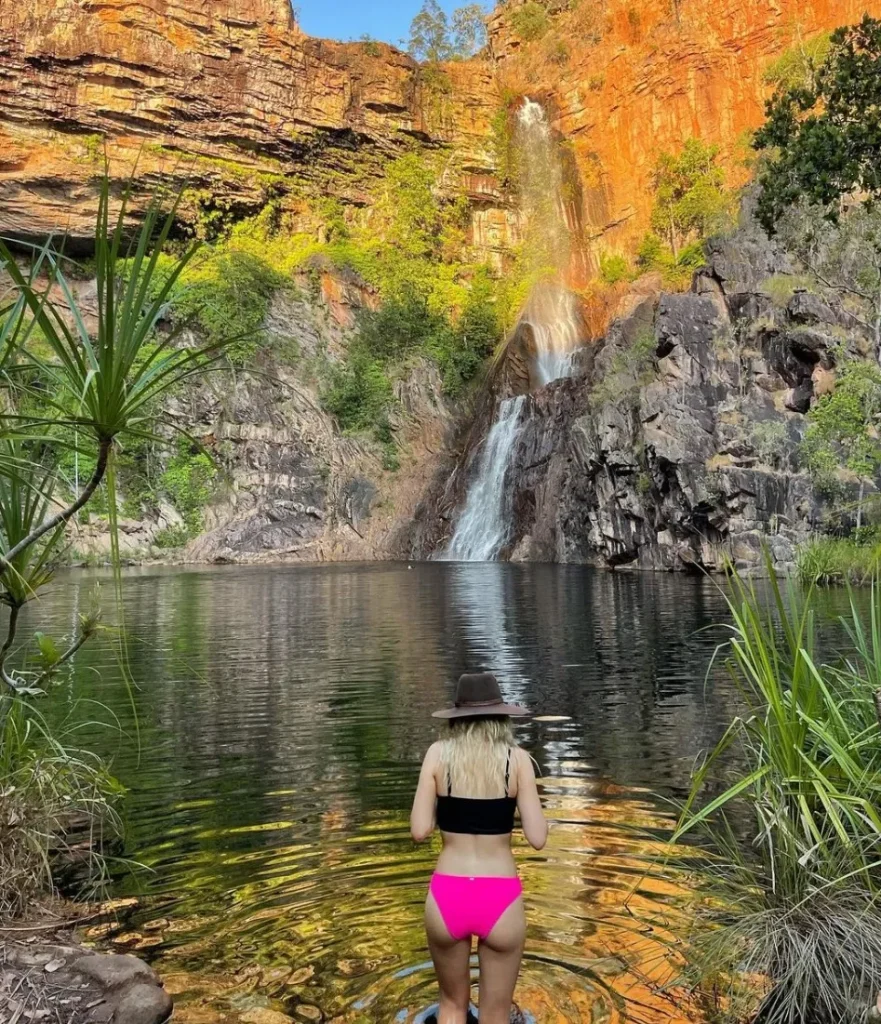
The wildlife in the Northern Territory – including saltwater and freshwater crocodiles – deserves to be seen ethically. Ethical wildlife tours mean animals are not disturbed or harmed for entertainment. While it might be fun to see crocodiles being fed or jumping, choose tours that don’t do that.
Feeding crocodiles in the wild can disrupt their natural hunting behaviour and cause long term damage to the ecosystem. Ethical operators encourage wildlife viewing from a distance so the animals can do what they do naturally without being disturbed. In places like Kakadu National Park and Litchfield National Park where many tours operate, ethical practices mean the animals and their habitats are preserved. Look for operators who promote ethical wildlife experiences and educate tourists on the effects of crocodile feeding.
Cultural and Educational Value
Seeing the Northern Territory is not just about wildlife; it’s about the cultural and ecological significance of the region. Operators who offer a cultural experience by having Aboriginal people on board add another layer to the tour. These guides can share stories and insights about crocodiles and their cultural importance beyond the usual tour talk.
Many tours through Kakadu National Park and Litchfield National Park offer the opportunity to learn about the unique ecosystems, including the tropical rainforest and the changing environments during the dry season and wet season. Understanding the balance between land, water and wildlife is key for visitors who want to see the wildlife in a respectful and informed way.
For the full experience, choose an operator who values education. Tours that focus on conservation, wildlife behaviour and the environment around Mainmahla Island and Wa Ale Island will give you a deeper understanding of the challenges faced by crocodiles and the broader ecosystem. These tours will leave you entertained and informed about wildlife in the Northern Territory.
Environmental Conservation and Sustainability
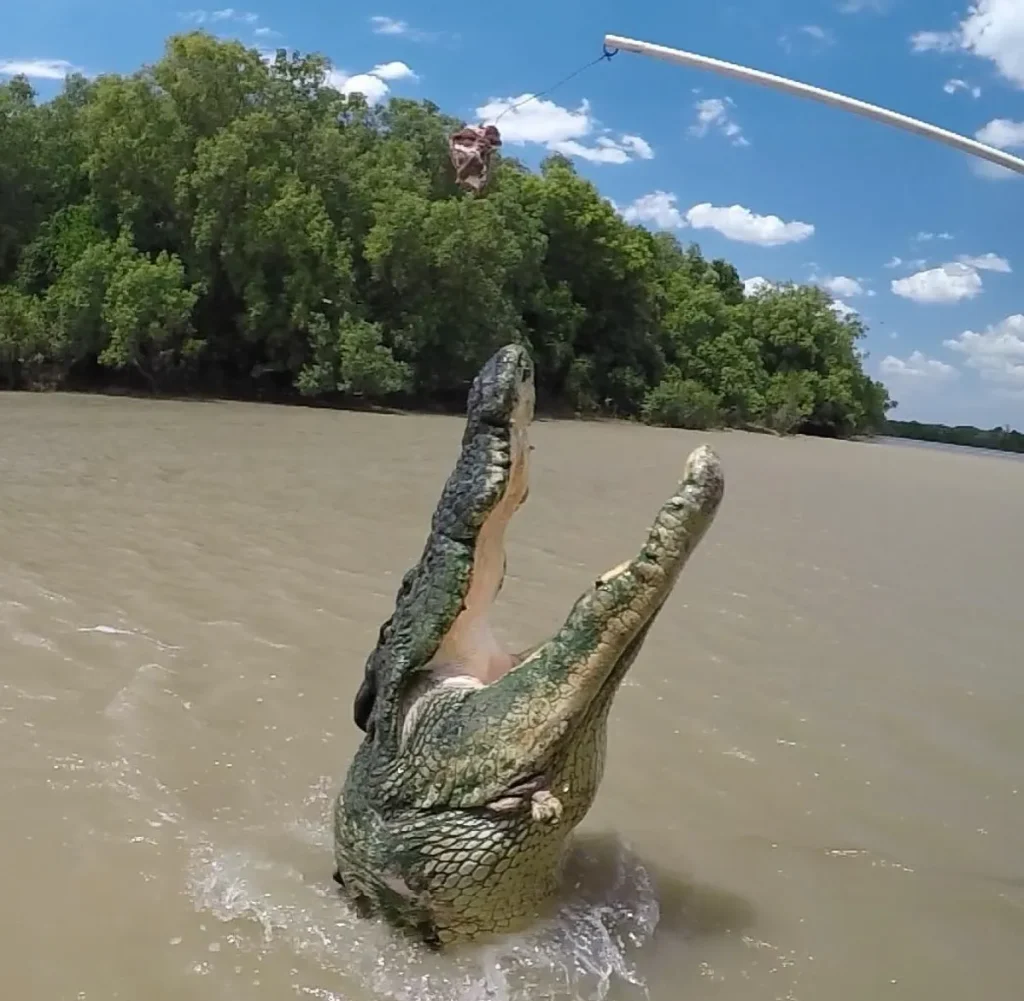
When choosing a crocodile tour operator, consider their commitment to environmental sustainability and conservation. Operators that promote the natural beauty of the Northern Territory, including areas like Kakadu National Park, should practice sustainable tourism. That means reducing carbon emissions, minimising human impact on fragile ecosystems like coral reefs and supporting local wildlife conservation initiatives.
Many operators in the Northern Territory are involved in crocodile conservation. Some tours partner with conservation programs to protect crocodile populations or work within UNESCO World Heritage Sites to reduce human impact on the environment. Look for operators involved in the Mergui Archipelago or the Sigatoka River, which are critical to the survival of local crocodile species.
Tours that reduce waste, use minimal plastic and offset their carbon emissions are signs of a responsible business. Ethical operators also use local guides and promote sustainable practices. That means not only protecting the environment but also so future generations can enjoy the Northern Territory’s natural beauty.
Check Reviews, Certifications and Extras
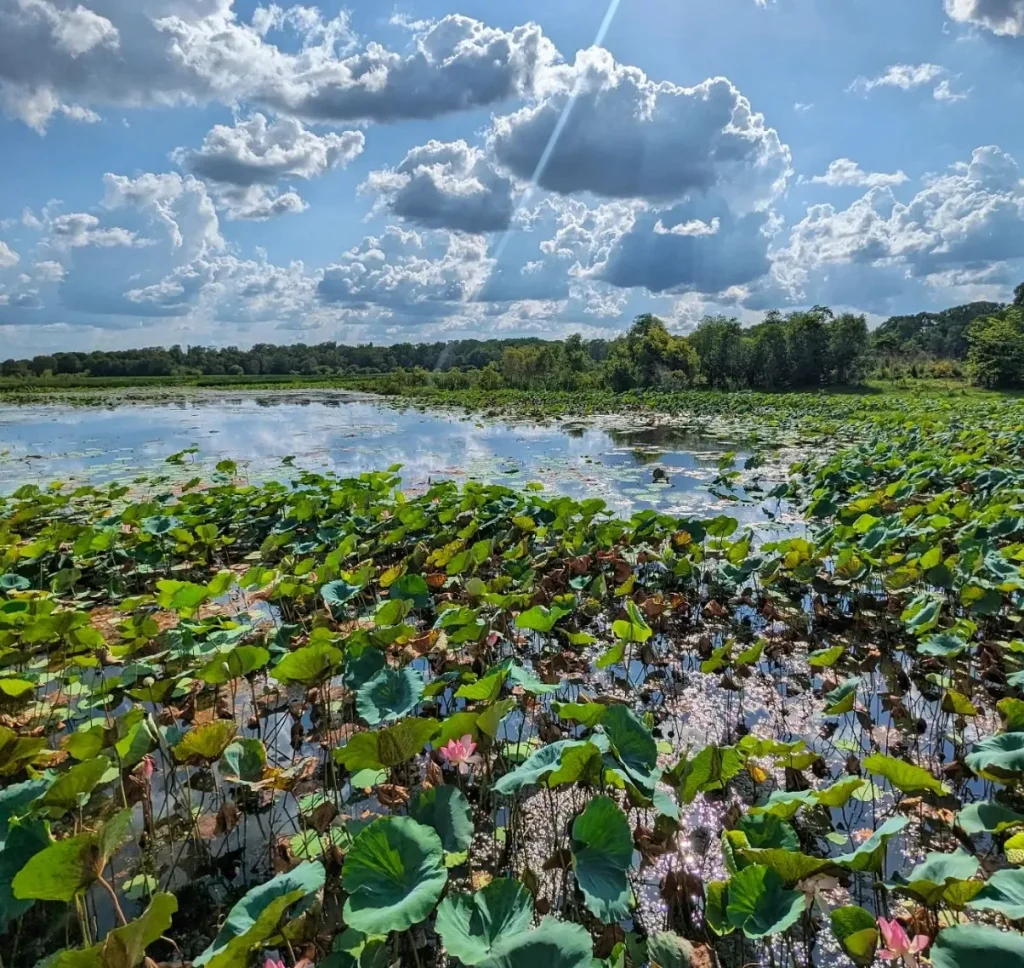
Before you book research the operator. Reviews on Google, TripAdvisor or social media will give you an idea of the tour quality and safety. High ratings consistently for tours in Kakadu National Park or the Adelaide River are often a sign of a reliable and ethical operator. Look for reviews that mention the operator’s adherence to safety standards, cultural experience and environmental conservation.
Make sure the operator has local authority or wildlife conservation group certifications, mainly when operating in protected areas like Kakadu National Park or Litchfield National Park. That means they are committed to ethical wildlife practices and safety standards. Tours operating within UNESCO World Heritage Sites must follow strict guidelines to protect the environment.
Also ask about extras. Some operators will charge for shore excursions, Aboriginal culture excursion or meals for dietary restrictions. Make sure you know what’s included in the price so you don’t get surprised.
Seasonal Variations
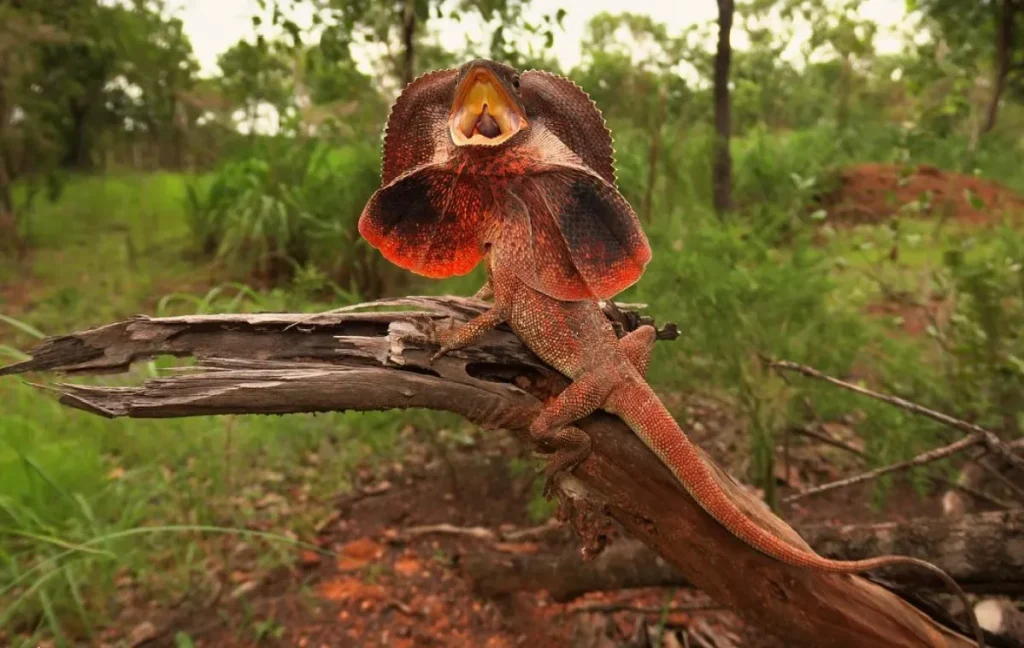
The Northern Territory changes with the seasons, especially between the dry and wet. In the dry season the Adelaide River or Fogg Dam may be more accessible and wildlife more predictable, perfect for families or those looking for a more relaxed tour. In the wet season the landscape turns into a tropical rainforest and it’s a different kind of adventure and you can see crocs at their most active.
Choose an operator that adjusts their tours to the season, and you’ll have the best chance of having an unforgettable wildlife experience in the Northern Territory.
FAQ
Is my crocodile tour safe in the Northern Territory?
Check if the operator follows strict safety standards, such as life jackets, trained guides, and boats. Look for local authority certifications and a good safety record.
What is an ethical crocodile tour?
Ethical tours don’t feed the Crocs. That disrupts natural behaviour. Operators should not interfere with the animals in their natural habitat. Tours in national parks like Kakadu or Litchfield are often governed by more strict ethical guidelines.
Do crocodile tours in the Northern Territory support conservation?
Yes, many ethical operators educate tourists on how to protect crocodiles and their habitats. Some also partner with conservation organisations or donate part of their profits to wildlife protection initiatives, especially at UNESCO World Heritage Sites like Kakadu National Park.
Can I bring my kids on a crocodile tour?
Many operators offer family tours with extra precautions for little nippers. Check if the operator caters for families and if there are any age restrictions.
Are there any extras I should know about when booking a crocodile tour?
Ask about extra costs for activities like Aboriginal culture tours, meals, or shore stops at places like Fogg Dam or Mainmahla Island. Some tours may charge for dietary restrictions or family packages. Always ask for a price breakdown so you don’t get any hidden extras.
Add KWD to the pictures:
Daintree Rainforest
Oriental Small-Clawed Otter
Serengeti National Park
